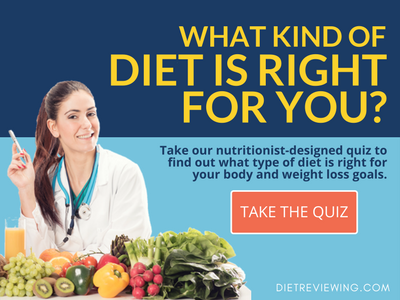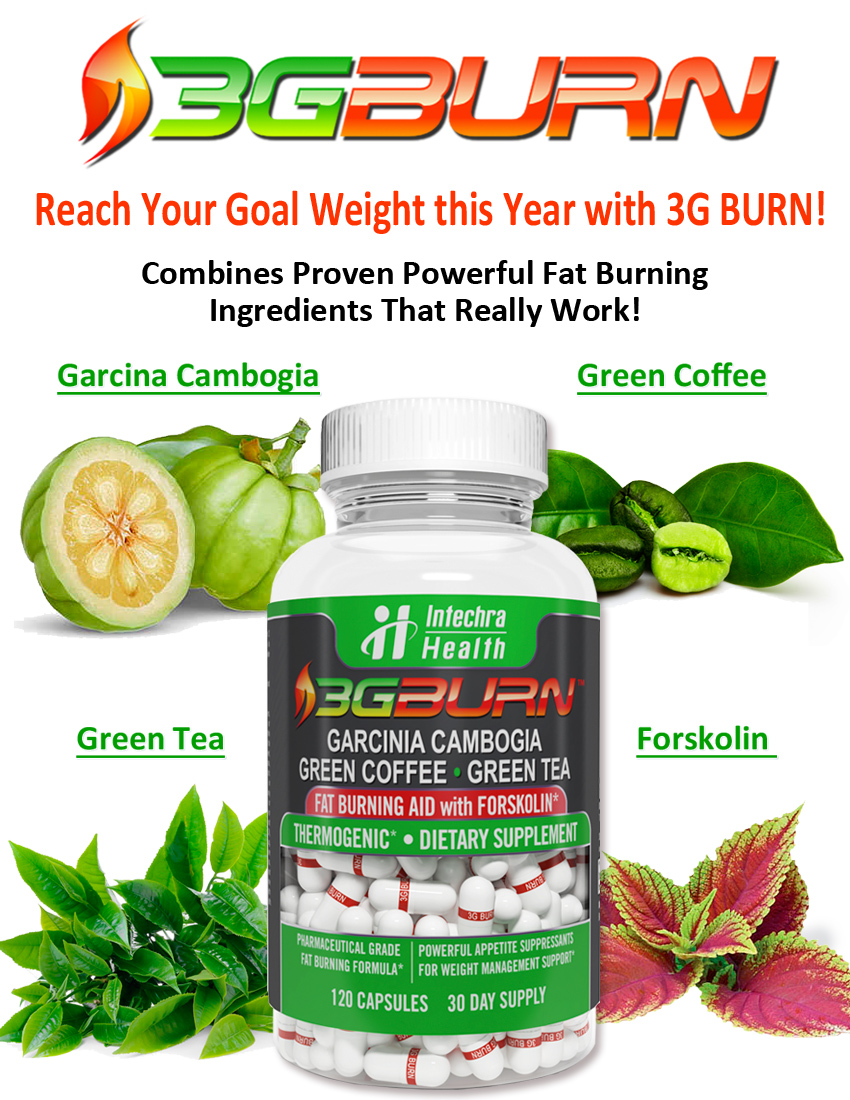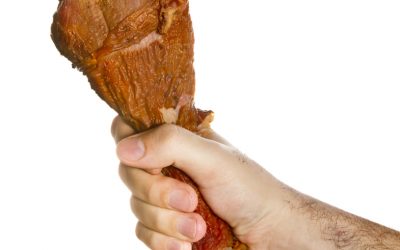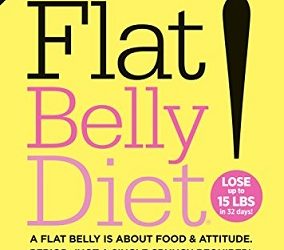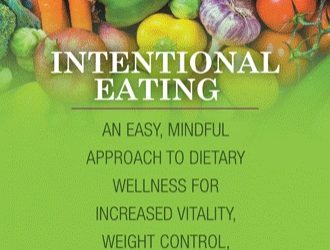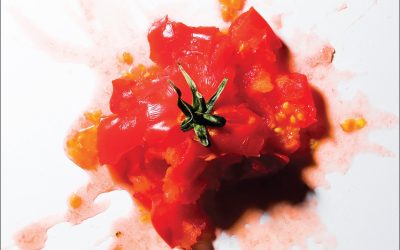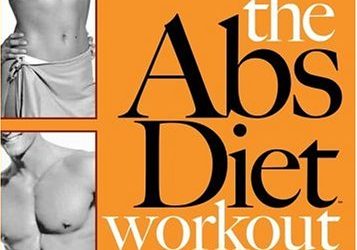Natural Diets
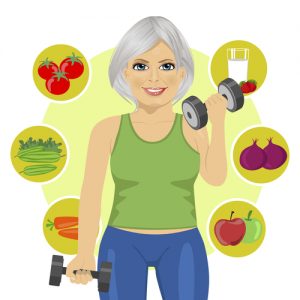
If it’s your desire to cut out processed foods, lose or maintain a healthy weight, and maintain your precious muscle mass, the best type of diet for you is likely a Natural Foods Diet. Natural eating is the perfect fit!
Natural diets, also often known as clean eating, are extremely popular right now. While some of these strategies are designed in the form of fad diets, others allow you to embrace nutrition by way of whole foods and not something that came from a factory.
Choosing a Natural Diet
As is the case with most kinds of diet, natural diets come in many different shapes and sizes. There are some that allow you to consume only raw, whole foods, while others are far less restrictive. Many people think of natural dieting as a near starvation diet where you take a lot of wheatgrass shots.
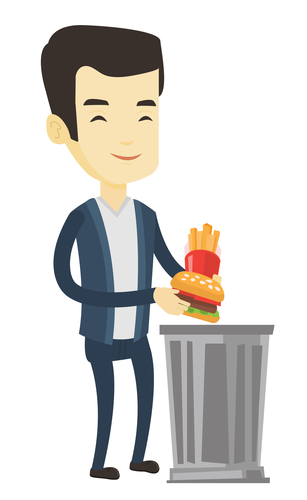 That said, the principle behind all these eating strategies is essentially the same (and there is no official wheatgrass shot requirement). Instead of trying to count calories or balance macronutrients, natural diets are focused on avoiding refined, processed and handled foods as much as possible. That this leaves is thousands of different whole food options.
That said, the principle behind all these eating strategies is essentially the same (and there is no official wheatgrass shot requirement). Instead of trying to count calories or balance macronutrients, natural diets are focused on avoiding refined, processed and handled foods as much as possible. That this leaves is thousands of different whole food options.
Processed foods are considered to be any type of food that has gone through one of the following processes:
- Additions of ingredients that weren’t naturally there – This includes everything from salt, fat, sugar, preservatives, and even nutritional enrichments to boost the vitamin and/or mineral content of a food.
- Changing the natural form – This includes removing edible peels to blend and cook the remainder to make purees, or refining flour by removing the bran and germ from the grain, and others. Other than removing inedible parts of a food, by removing edible parts to turn it into another type of ingredient, it becomes processed.
- Foods with synthetic or lab manufactured ingredients – These are ingredients that don’t occur in nature. They were created artificially and often consist of trademarked ingredients or have names that are long and challenging to pronounce.
When looking at that list, it’s easy to see that a wide variety of the foods the average American eats include processed foods. From breakfast cereals to pasta and even the most organic jar of pasta sauce, these foods are not a part of a natural diet. The less you do to your whole foods in order to prepare them, the better.
 That said, many natural diets do make certain exceptions. Otherwise, you wouldn’t be working with many recipes anymore, you would just eat a lot of salads.
That said, many natural diets do make certain exceptions. Otherwise, you wouldn’t be working with many recipes anymore, you would just eat a lot of salads.
For instance, while a jar of tomato sauce may not be allowed, warming tomato slices in a pan would be permitted with most of these types of eating strategy. The same can be said about steaming vegetables. It’s true that you’re changing their form, but not to a dramatic extent.
This is because not all forms of food processing is bad. Some types of processing turn a food that would be inedible into one that can be safely consumed. For example, pasteurizing milk can kill off potentially harmful bacteria and other micro organisms that could otherwise be harmful. Moreover, some types of processing turns an unpleasant tasting food into something much more enjoyable. For instance, while some people might hate kale, throwing it into a berry smoothie can make it taste much better, which increases the odds that you’ll eat that superfood at all. After all, which would you prefer: a big bowl of kale or a strawberry banana smoothie with kale hidden inside? Tough decision!
Therefore, while steel cut oats, kale smoothies and pasteurized milk may be processed to a certain extent, that doesn’t put them on the same level as a candy bar and a can of diet soda. It is the degree of processing that most natural diets take into account, not the existence of any processing at all (except in certain more extreme cases of raw dieting, for example).
Challenges With A Natural Diet
As much as a natural diet does open the door to a significant nutrition boost, there are many challenges associated with adopting this type of lifestyle, particularly at the beginning. The main issue is that the majority of people aren’t used to preparing every food they eat “from scratch.” Most of us fall back on certain common items such as pre-made sauces, salad dressing, breakfast cereal, white bread and pasta, as well as juices and the occasional frozen pizza.
 The problem with these foods is that the way they’ve been processed removes a great deal of the nutrients and fiber, while adding too much of other substances that aren’t good for us at all. Those additives include salt, sugar, fat, chemicals, preservatives and artificial flavors or sweeteners. Not only are these bad for our nutrition, but they also wreak havoc on our taste buds. Many people find that if they stop eating salty, sugary food for three to four weeks, their sense of taste changes. They suddenly find that there is a range of flavor present in foods they previously considered to be bland.
The problem with these foods is that the way they’ve been processed removes a great deal of the nutrients and fiber, while adding too much of other substances that aren’t good for us at all. Those additives include salt, sugar, fat, chemicals, preservatives and artificial flavors or sweeteners. Not only are these bad for our nutrition, but they also wreak havoc on our taste buds. Many people find that if they stop eating salty, sugary food for three to four weeks, their sense of taste changes. They suddenly find that there is a range of flavor present in foods they previously considered to be bland.
Natural eating has been widely linked with good health in many different well reputed studies. This includes whole food eating that is entirely plant based as well as those that allow for a certain amount of lean meat, poultry, fish, eggs and some dairy. The goal is still to eat whole foods that lean primarily toward fruits and veggies. Studies have linked this type of lifestyle with better weight management, improved cardiovascular health, a reduction in certain cancer risks and even healthier skin and hair.
What could be better than a diet that is likely to make you look better, feel better and live healthier?
Natural Diet Reviews
Review: Paleo Diet
The Paleo Diet – also known as the Paleolithic Diet, the Stone Age Diet, the Caveman Diet or the Hunter-Gatherer Diet – was created to provide a lifestyle strategy to overcome illness associated with the way we live our modern lives. Who Created the Paleo Diet? That...
Review: Flat Belly Diet
The Flat Belly Diet is an eating strategy designed to help people lose weight effectively. It was created by Prevention magazine editors. This diet promises to make weight loss fast and easy, especially when it comes to fat stored around the middle. This is supposed...
Review: CBD Oil Weight Loss Diet
A CBD oil weight loss diet has become quite the popular strategy over the last few years, and it is only expected to continue taking off. That said, is it just a popular strategy or is there something to it? Has science supported the use of this technique? The CBD oil...
Review: Intentional Eating Diet
The Intentional Eating Diet essentially markets itself as being the anti-diet. Instead of counting carbs or calories, and instead of relying on shakes or bars, this strategy takes an entirely different perspective. It claims to allow people to get back to a far more...
Review: The Plant Paradox
The Plant Paradox is a book by Dr. Steven R. Gundry. It is based on the premise that some foods that are often thought to be nutritious and beneficial are actually bad for us. That includes beans, wheat, peanuts, legumes, tomatoes, peas and lentils, among others. The...
Review: Abs Diet
The Abs Diet is a strategy based on the concept that for every extra pound of muscle on your body, you’ll burn an additional 50 calories per day, even if you don’t do anything at all. Therefore, if you add an additional ten pounds of muscle to your body, you’ll...
